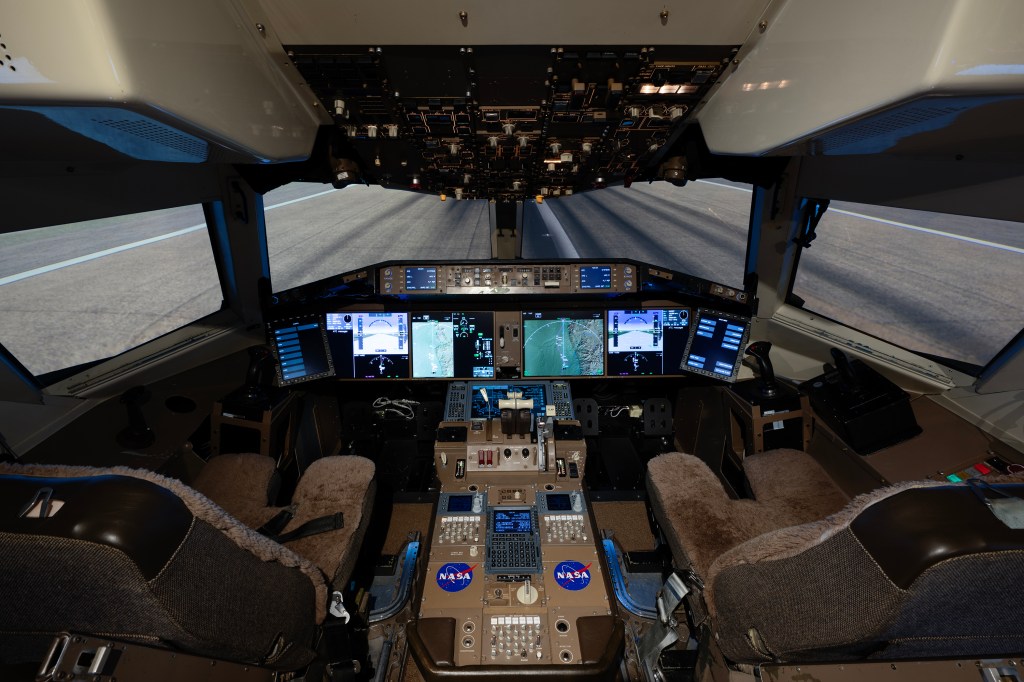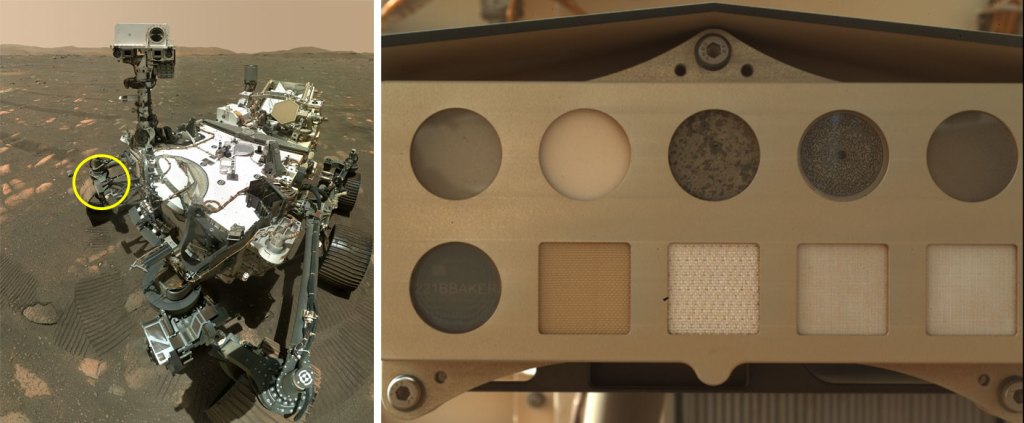Did Mars ever have livable environmental conditions? This is one of the key questions in the field of planetary science. Answering it will not only inform our expectations about whether there is or has been livable conditions elsewhere in the universe, but it can also help us better understand how and why life developed on Earth. NASA missions like the Curiosity and Perseverance rovers carry a rich array of instruments suited to collect data and build evidence towards answering this question. One particularly powerful capability they have is collecting rock and soil samples and taking measurements that can be used to determine their chemical makeup. These chemical characteristics can indicate whether the environment had livable conditions in the past. While sending these complex robots and their delicate instruments over 500 million kilometers through space and landing them autonomously on Mars are awe-inspiring feats of engineering, the challenges do not stop there. Communication between rovers and Earth is severely constrained, with limited transfer rates and short daily communication windows. When scientists on Earth receive sample data from the rover, they must rapidly analyze them and make difficult inferences about the chemistry in order to prioritize the next operations and send those instructions back to the rover. Improving methods for analyzing planetary data will help scientists more quickly and effectively conduct mission operations and maximize scientific learnings. The longer-term goal, in the future, would be to deploy sufficiently powerful methods onboard rovers to autonomously guide science operations and reduce reliance on a “ground-in-the-loop” control operations model. In this challenge, your goal is to build a model to automatically analyze mass spectrometry data collected for Mars exploration in order to help scientists in their analysis of understanding the past habitability of Mars.
Award: $30,000 in total prizes
Open Date: February 18, 2022
Close Date: April 18, 2022
For more information, visit: https://www.drivendata.org/competitions/93/nasa-mars-spectrometry/

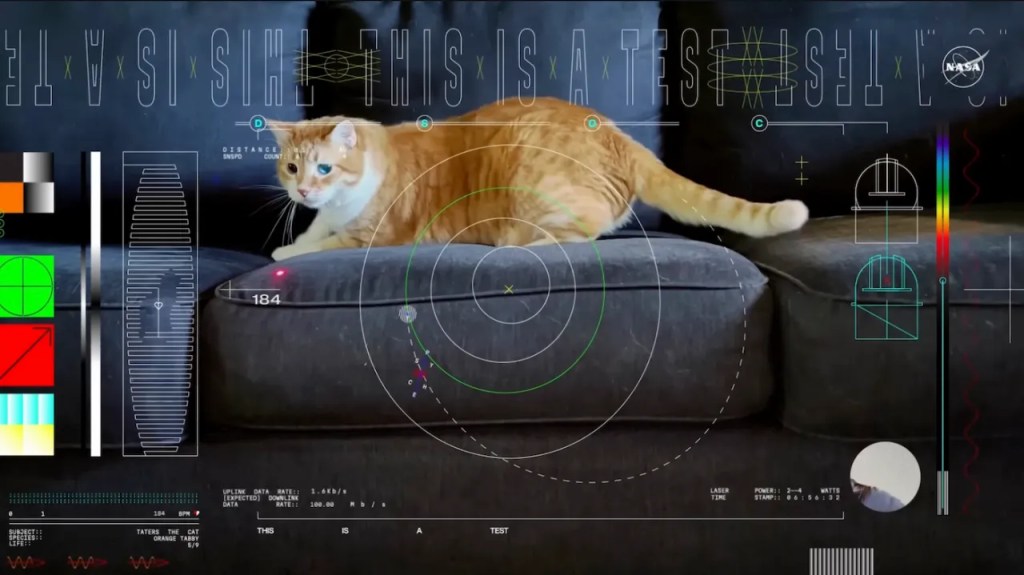
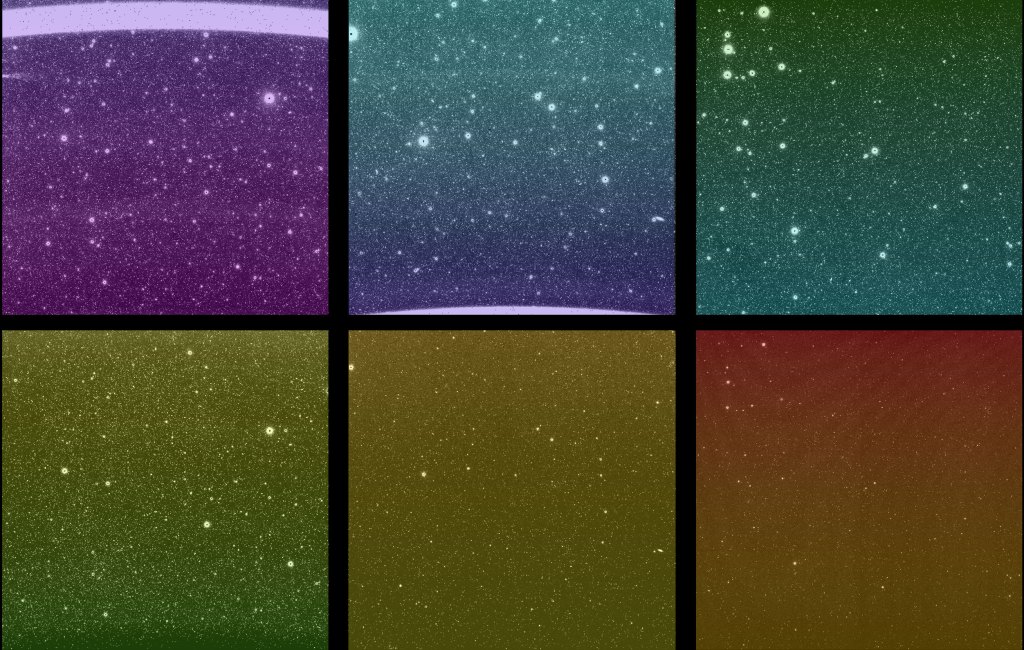
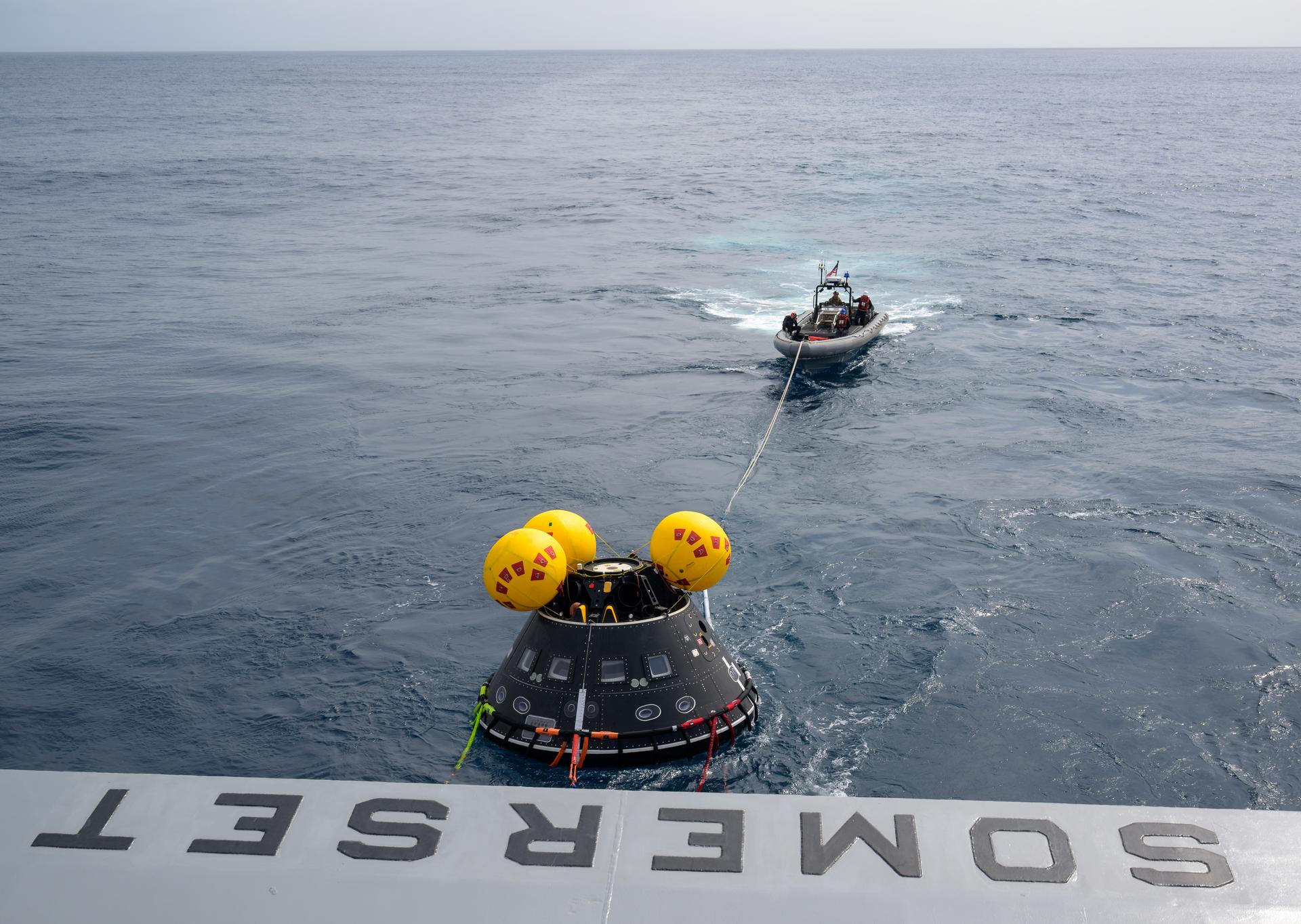
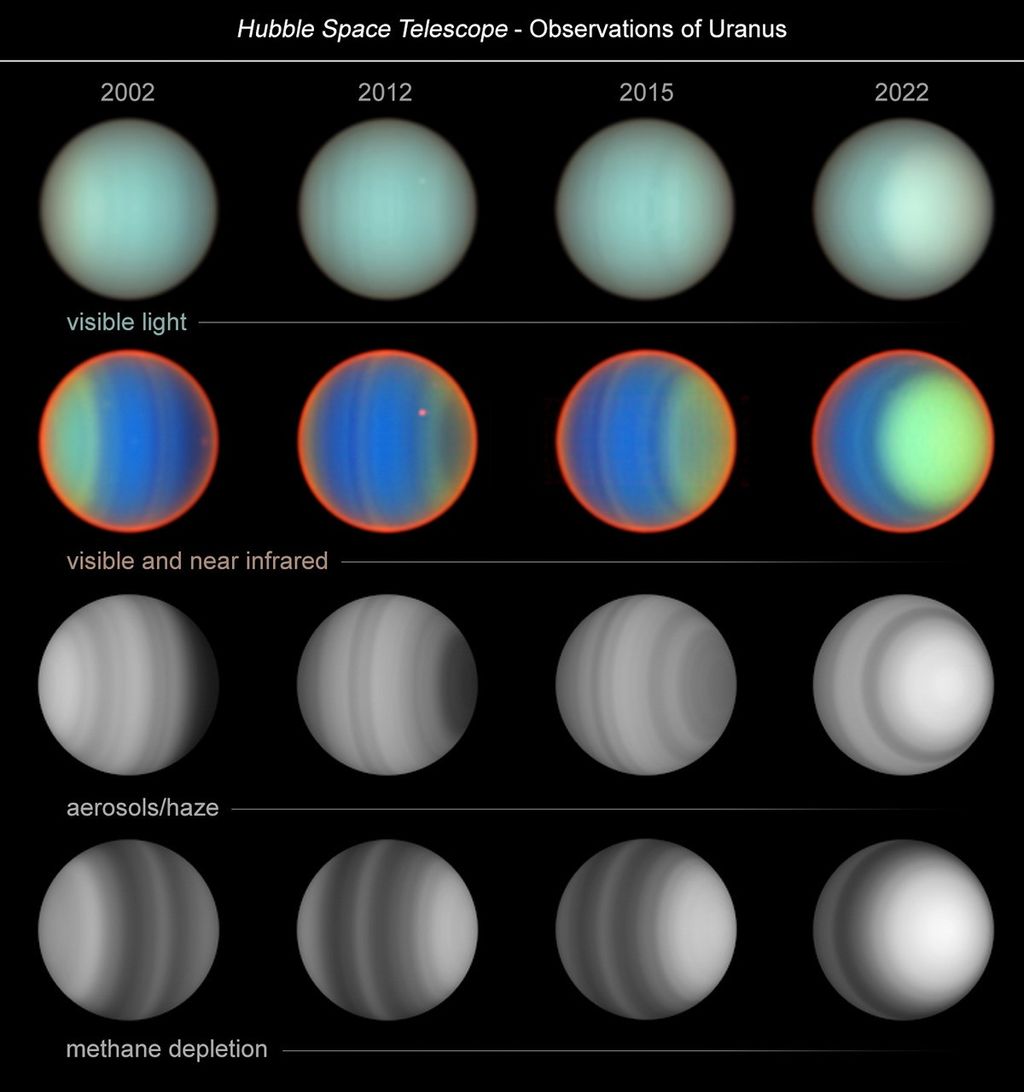
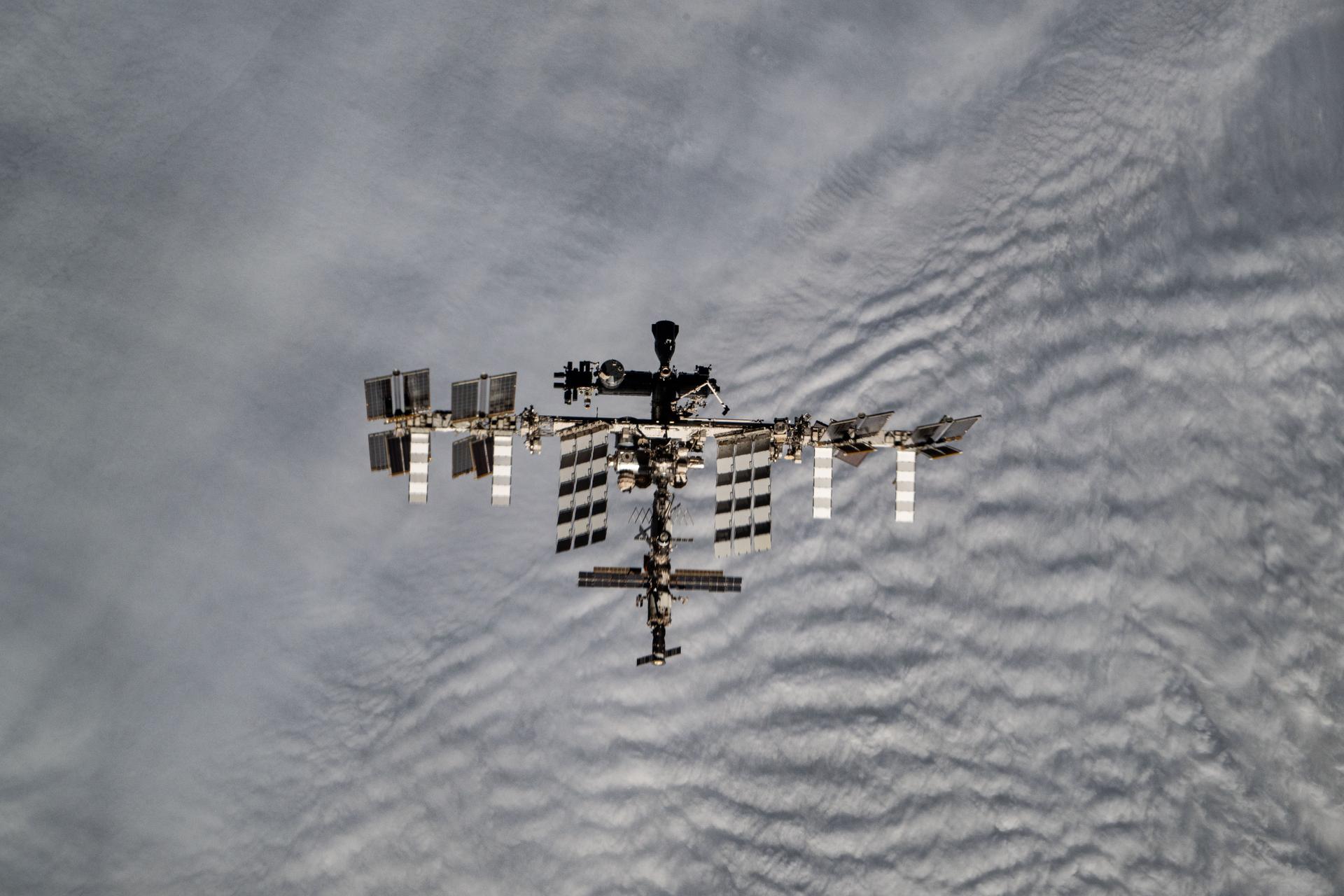

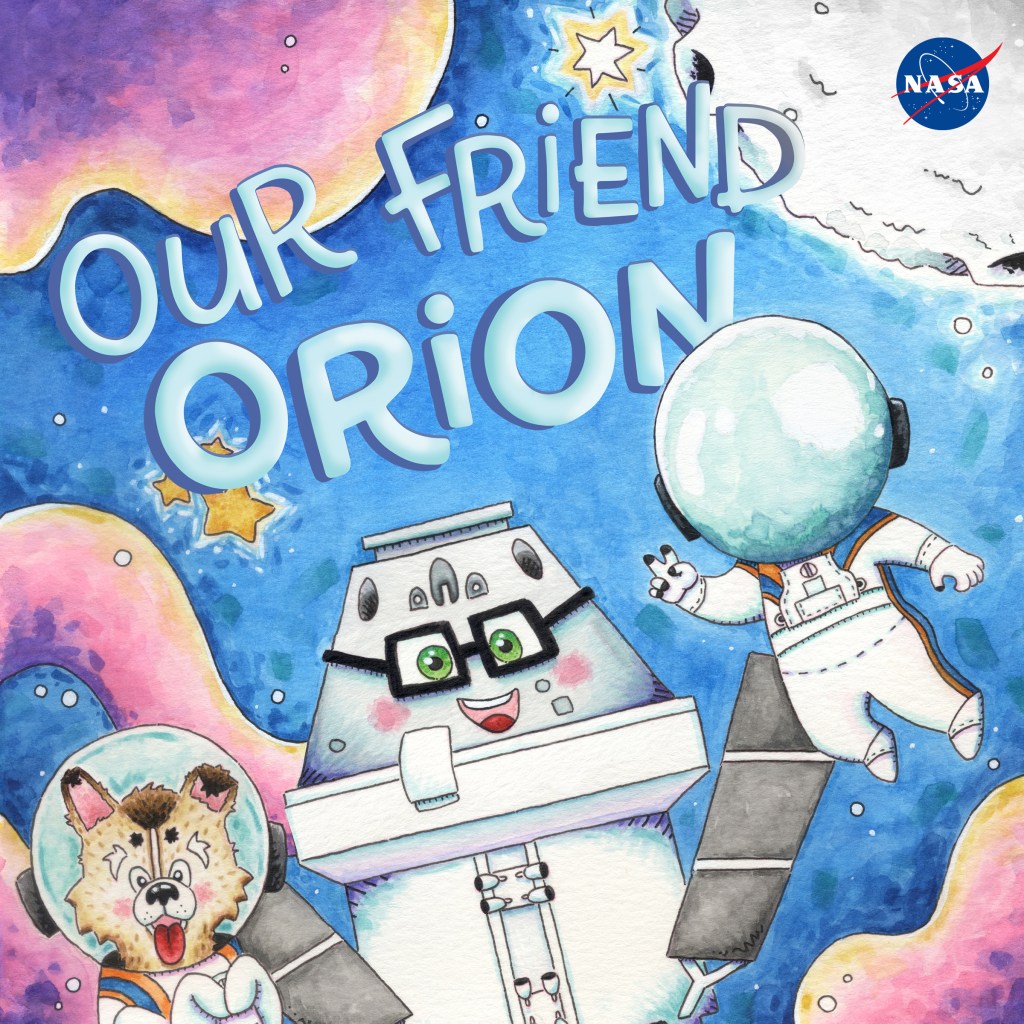

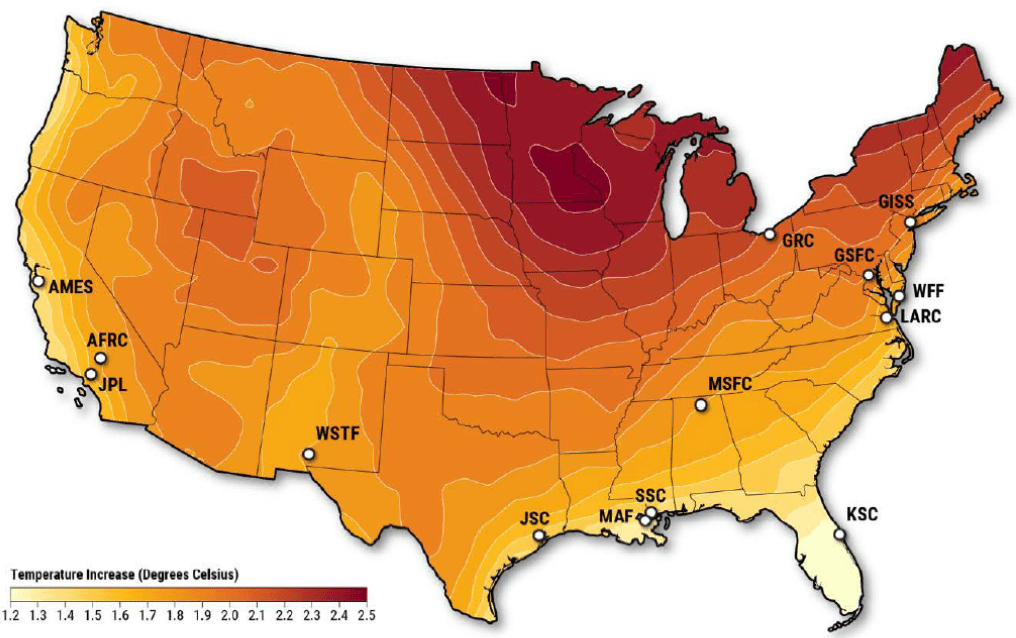
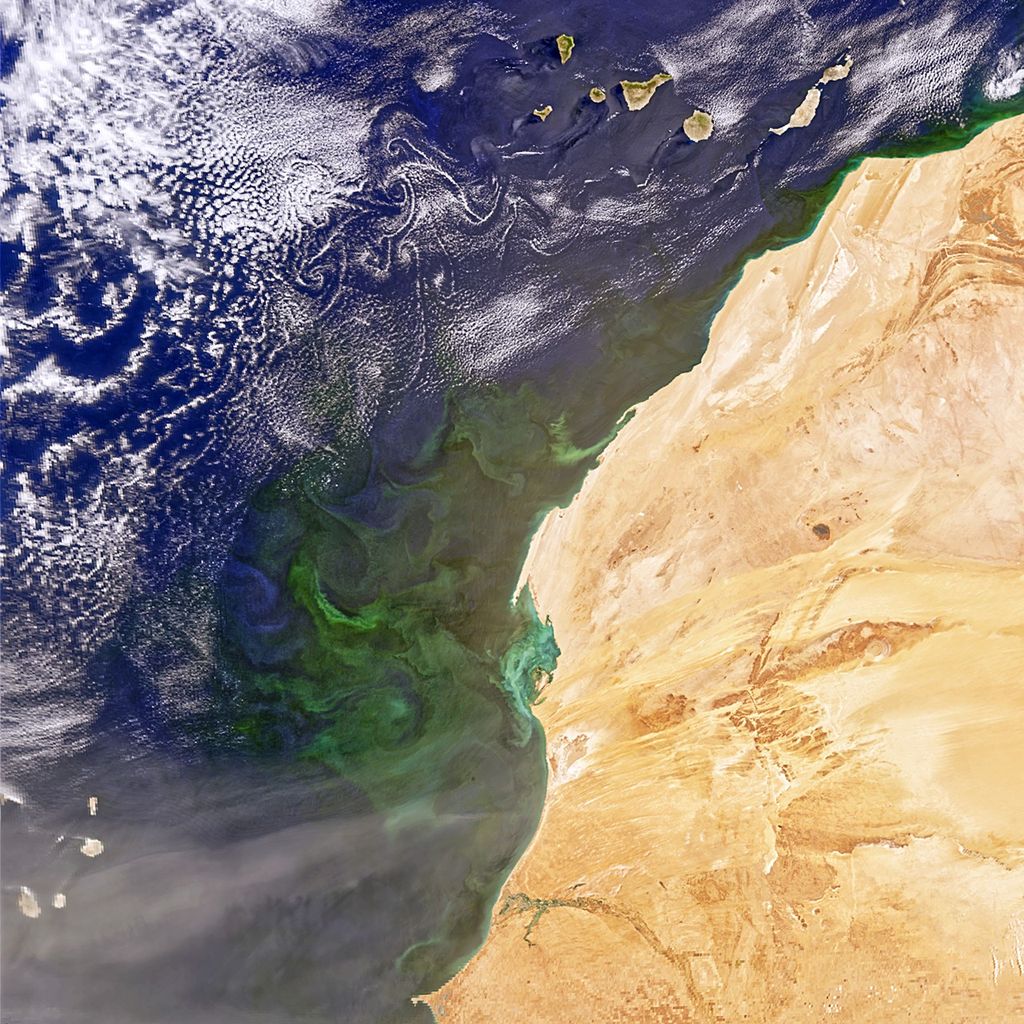


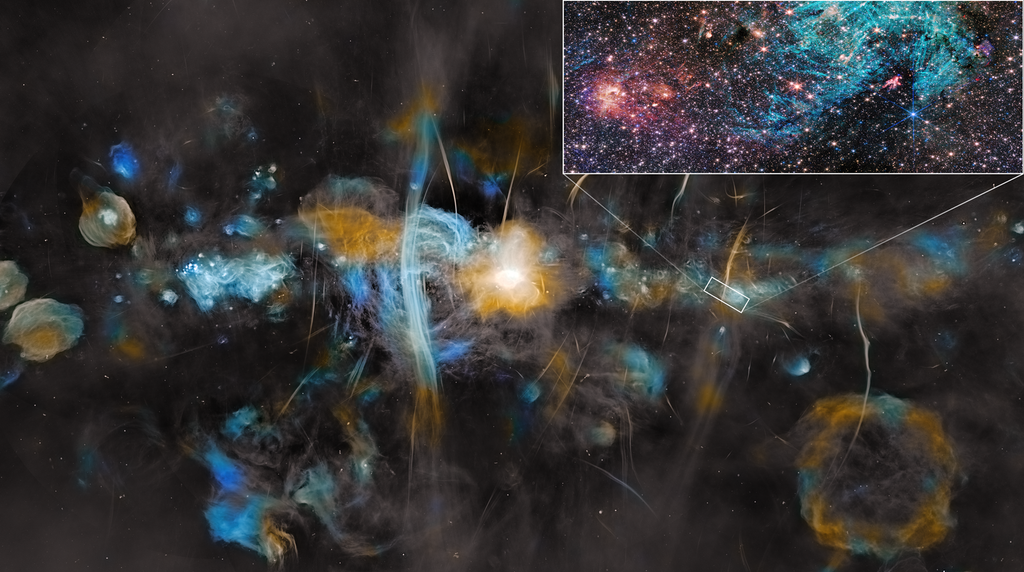

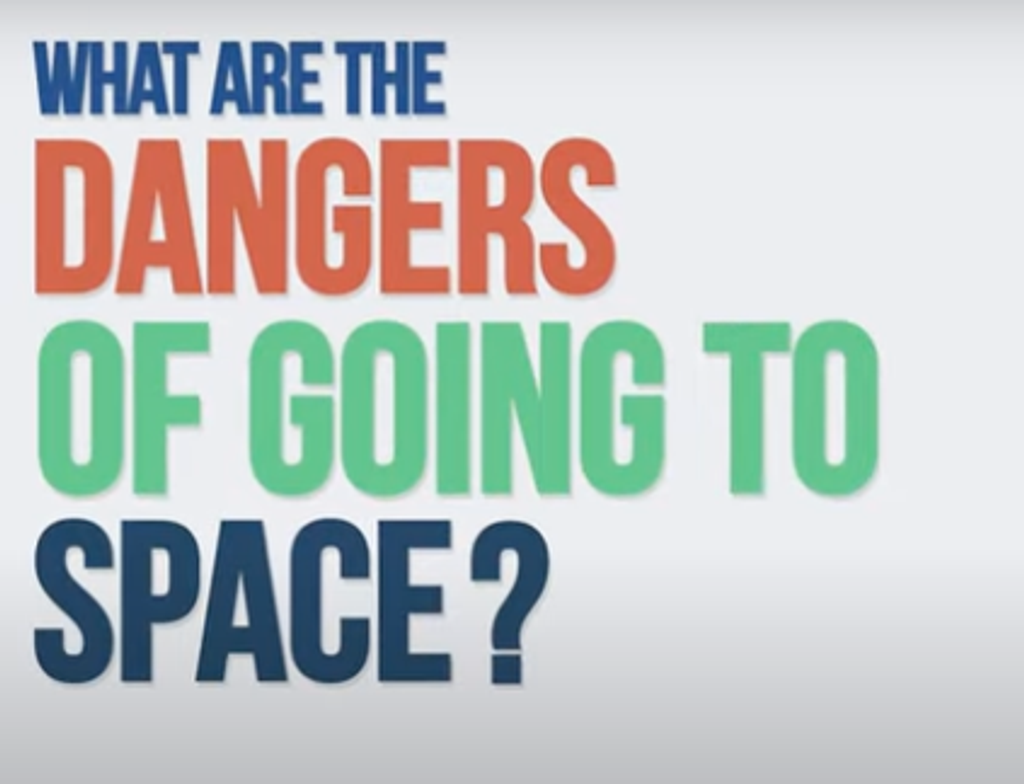

/quantum_physics_bose_einstein_condensate.jpg?w=1024)

